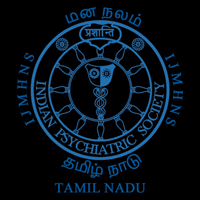Economic burden in patients with dementia attending a geriatric care clinic in Chennai: A cost of illness study
DEMENTIA ECONOMIC BURDEN
Abstract
Background: Dementia is one of the major causes of dependency and disability among the elderly. With an increase in life expectancy, the burden of dementia is also on the rise especially in countries like India. There are economic concerns to the family as health expenses are majorly borne by them. There are few cost of illness studies for dementia from low- and middle-income countries. Our study aims to estimate the burden of costs of dementia in patients attending a geriatric clinic in a private hospital setting.
Methods: This retrospective observational study assessed the economic burden of dementia by estimating both direct and indirect costs of illness from the caregiver's perspective.
Results: Direct costs from medical services and social costs are higher when compared to indirect costs. Not all people have incurred social costs as many are provided care by the families and their inputs are not paid or accounted. The costs of informal care were under evaluated in the study.
Conclusion: The direct health care cost of illness of Dementia from caregiver perspective is more than one seventh of the per-capita income of Indian population provided indirect costs and direct social costs are not included. Evaluating various costs incurred in various health care settings is important to understand the economic burden of Dementia. There is a need for well-designed prospective studies to inform policy decisions towards better service development for persons with dementia.

